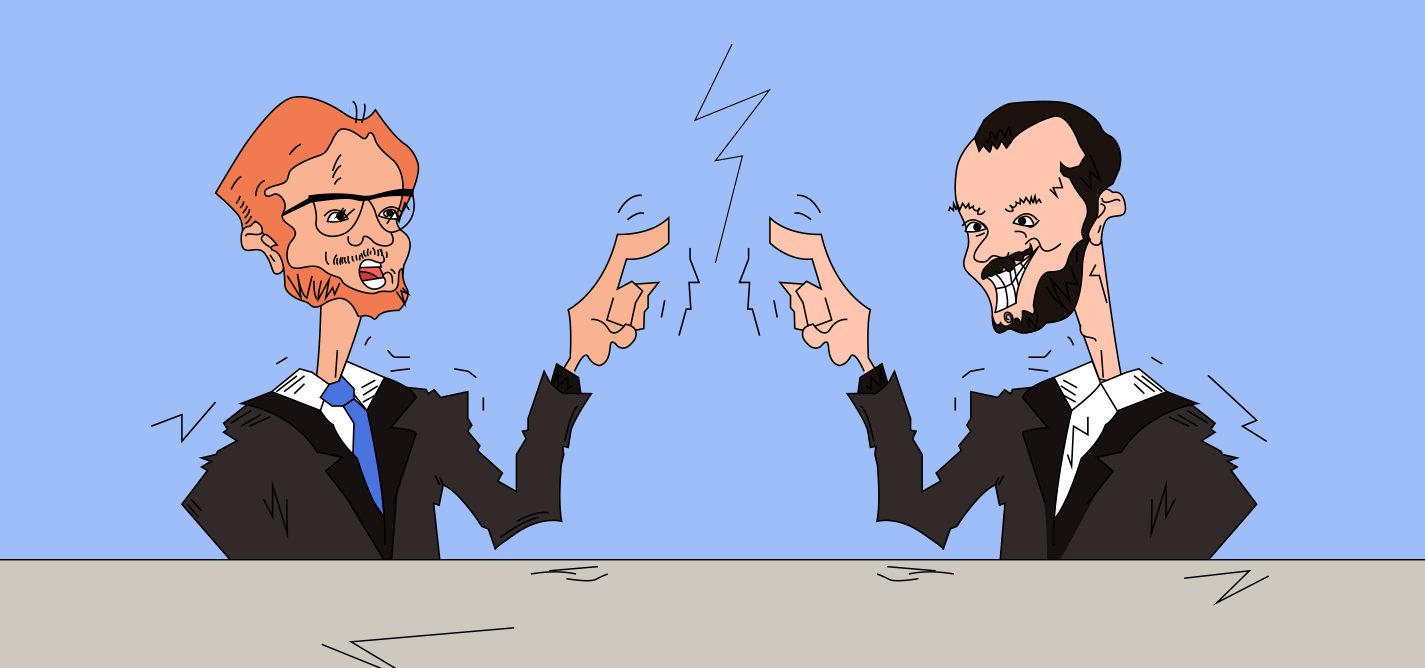
Elections: 5 Things we learnt this week
Testosterone, criminal candidates and big speeches.
But PDK is far from alone in including individuals with indictments in its list of candidates.
“I came back and watched as Haki Abazi slammed on the floor."
“The current way of voting for the diaspora is more a hindrance than engaging them.”
Kadri Veseli suggested PDK stands for an uncompromising fight against corruption, a strong economy and an alliance with states that are friendly with Kosovo.

Kosovo 2.0
Kosovo 2.0 is a pioneering independent media organization that engages society in insightful discussion. Through our print and online magazines, debates and advocacy initiatives, we are dedicated to deepening the understanding of current affairs in Kosovo, the region and beyond.
This story was originally written in English.